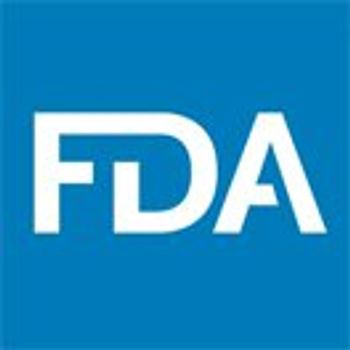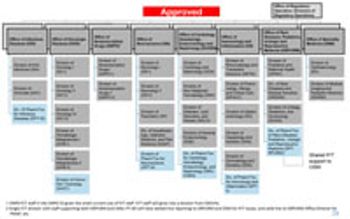
This proliferation of vaccine research programs emphasizes the importance of carrying out clinical trials that utilize similar protocols and endpoints able to produce comparable results.
Jill Wechsler is ACT's Washington Correspondent

This proliferation of vaccine research programs emphasizes the importance of carrying out clinical trials that utilize similar protocols and endpoints able to produce comparable results.

Biopharmaceutical companies and federal agencies alike are continuing to work overtime to develop safe and effective COVID-19 preventives for patients around the world in the coming months.

The next version of the Cures Act will include provisions to advance research related to the COVID-19 crisis.

With hundreds of trials for potential coronavirus drugs in the works, concerns swirl around the emergence of conflicting data, useless results, and wasted efforts from multiple overlapping efforts.

With hundreds of clinical trials for potential coronavirus therapies in the works concerns have mounted about the emergence of conflicting data, useless results, and wasted efforts from multiple overlapping efforts.

New agency initiatives aim is to fully reflect the impact of treatment on patients representing a range of ages, ethnic backgrounds, and other demographic features

FDA officials are rolling out guidance and support for researchers striving to assess potential treatments for COVID-19 while the agency tries to object to premature optimism and regain public credibility.

FDA is offering advice and added flexibility to help sponsors adjust ongoing and planned clinical research programs during the COVID-19 outbreak.

Now officially a worldwide pandemic, the biomedical research community is rushing to develop treatments and preventives to halt the spread and severity of the COVID-19 virus.

The agency's Oncology Center of Excellence continues to build on successes in bringing innovative cancer drugs to patients through accelerated development and speedy approval of breakthrough treatments.

Sponsors conducting trials in China are facing delays, while efforts to test potential antivirals and vaccines against COVID-19 are having enrollment difficulties.

The research community is moving quickly to launch clinical trials of potential countermeasures, while regulatory authorities aim to support product development through regulatory flexibility.

FDA’s new commissioner, Stephen Hahn, announced his priorities at an FDA “all hands” staff meeting last week. Jill Wechsler reports.

Gains in FDA approval of new drugs and biologics last year are based on limited clinical trials and accelerated review programs.

The need for efficient and timely development of new treatments for multiple serious conditions will drive efforts to modernize clinical research in the coming year.

FDA’s Office of New Drugs restricting aims to improve scientific exchange and information sharing among review professionals.

A view of the notable policy strategies advanced in 2019 to boost drug development and review.

Additional policies for registering clinical studies in U.S. and Europe aim to expand access to research data and provide timely information for patients on promising, new treatments.

Regulatory enforcement actions, policy updates, and new guidelines show that ensuring the reliability of clinical data is an ongoing priority.

Regulatory enforcement actions, policy updates, and new guidelines show that ensuring the reliability of clinical data is an ongoing priority.

FDA and other regulators are responding with support for more flexible monitoring of clinical investigators and review of study records in order to limit study monitoring to certain situations.

Concerns for patient safety are raised with the recent surge in new drugs receiving fast-track FDA approval. Jill Wechsler reports.

Patient advocates debate whether FDA approval on small, early clinical studies is too fast-tracked for efficacy and safety, or too slow due to long review processes.

Researchers and sponsors are looking to use RWE information to help in trial design, product use, developing new therapies, and gaining market approval.

FDA leaders urge developers, researchers, and research sponsors to help promote policies and programs to streamline clinical research to develop new medical products at reduced costs.

FDA released four new draft guidances that seek to broaden criteria for identifying and enrolling patients in clinical trials in an effort to reduce time and cost of clinical research for biopharmaceuticals.

Norman (Ned) Sharpless, director of the National Cancer Institute at the National Institutes of Health, will become FDA acting commissioner.

The FDA planned budget features added funds allotted to improved oversight of drugs, biologics, and medical devices.

Gottlieb’s tenure included record new drug approvals and steps taken to curb opioid abuse.

FDA officials provide more specific plans for streamlining and modernizing plans for assessing and regulating products for cutting-edge cellular and gene-based medical treatments.